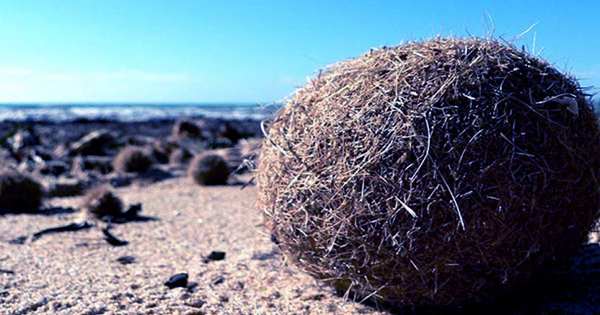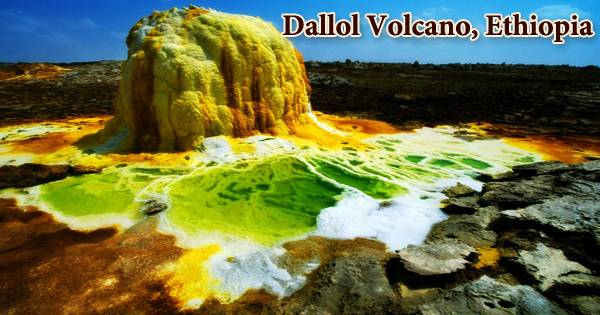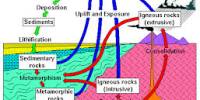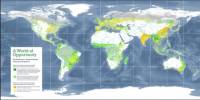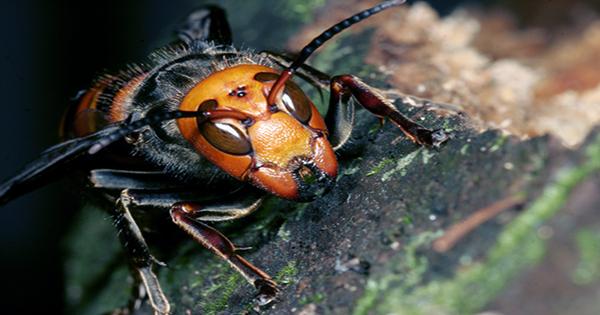The Plastics in our oceans have become a big problem, with microplastics making their way everywhere, from seafood to contaminating the Arctic. Sea floors are often the final resting place of plastics that enter the sea.
A new study published in Scientific Reports has found that Pacidonia in the ocean can reduce a load of these plastics in the ocean, trap it and wash it off the coast. In the Mediterranean and South Australian oceans, the sea level is 0.5 to 40 meters (1.6 to 131 feet) Lush meadows of P. oceanica are found. These are an important part of the ecosystem, improving water quality and forming shelters and nursery areas for different species.
They help protect the coast by absorbing carbon dioxide. P. oceanica loses its leaves in the autumn, which is then washed ashore by waves and currents. The leaves are attached to the stems and release fibers that form spheres of elements known as “Neptune balls”. These balls are also washed ashore during stormy weather.
The researchers examined Neptune balls and cypress leaves on four beaches in Mallorca, the largest in the Balearic Islands of Spain. This location was chosen because it has the highest position of floating plastic debris in the vicinity of the Mediterranean Sea and also has a large number of sea docks. They found that the balls and leaves contained plastic. Around 1,470 pieces of plastic debris were found per kilogram of Neptune balls, with an average size of 9.48 millimeters (0.37 inches). The types of plastics found in the balls are PET, PVC, PE, PP, and PA. Less plastic was found in the loose sea sheets than in the Neptune ball, 613 pieces per kg, mostly low-density polymers PVC, PE, and PP.
Researchers have theorized that seaweed traps on the seashore are plastic traps, which are then fired and washed out of the sea off the coast. They further claim that Neptune balls can protect plastic pieces from friction and UV radiation and prevent them from splitting into even smaller particles. Every year 867 million plastic items get stuck in Neptune balls alone. These results argue for the conservation of seaweed, which, according to the survey, has declined by 13-50 percent in the Mediterranean since 1960.
